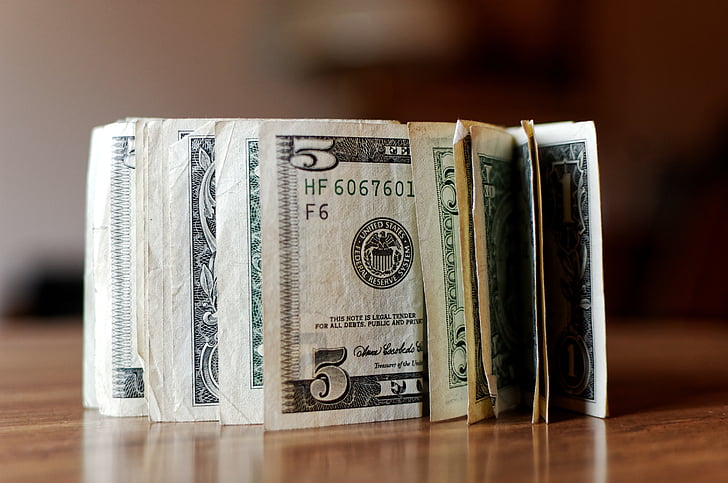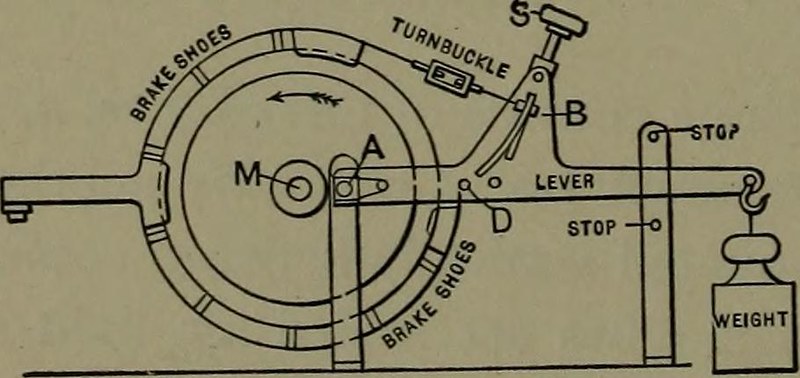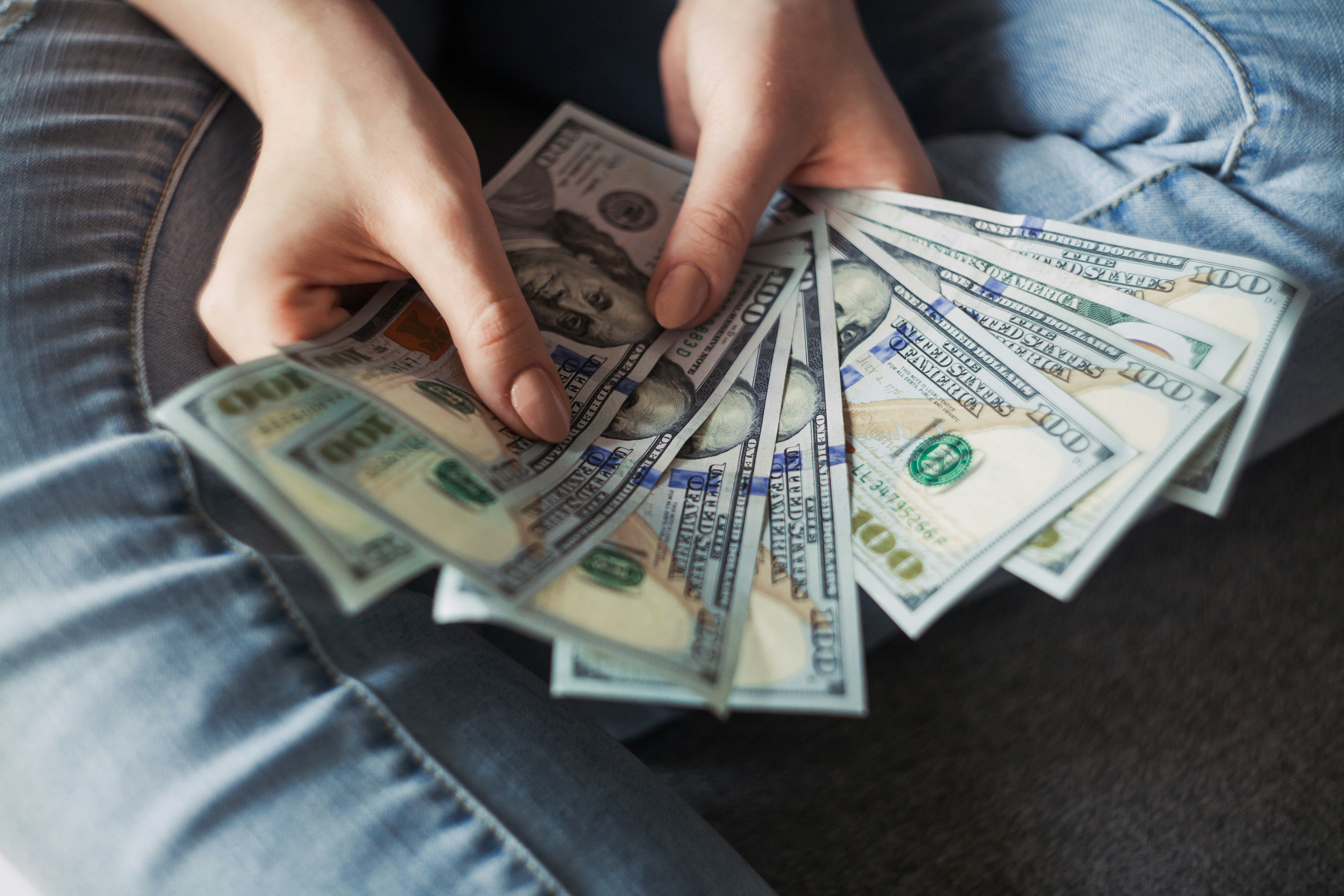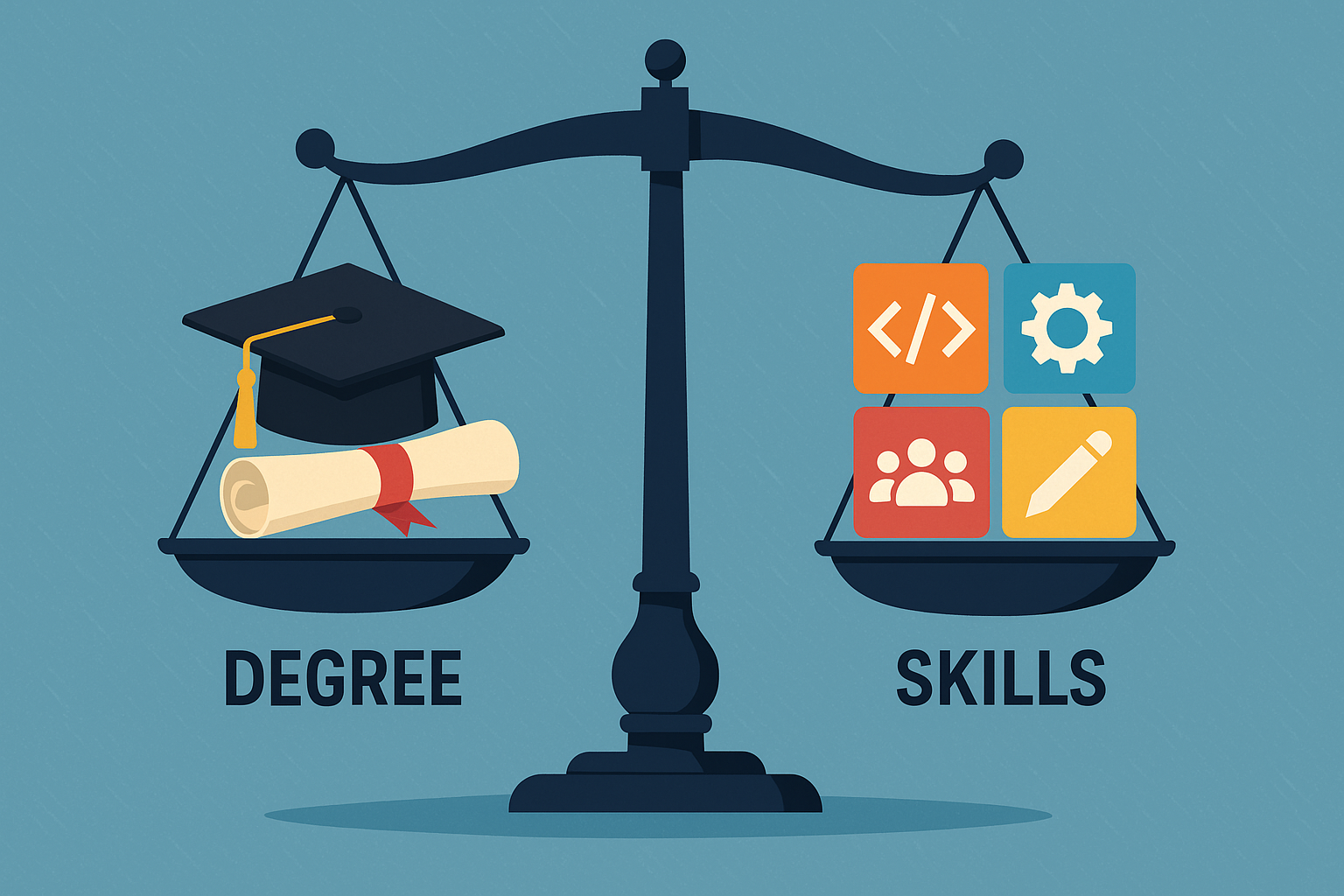You're making thousand-dollar decisions every day. You just can't see them.
That subscription you forgot to cancel? It's not $9.99. It's $120 this year, $600 over five years. But your brain sees $9.99 because that's what hits your account today.
We live in this weird space where small actions have big consequences, but the consequences are invisible. So we keep making the same small choices, not realizing we're building our future one tiny decision at a time.
Your Brain is Terrible at Math When Time is Involved
$5 here, $12 there, $8 for this thing you'll use once. None of it feels significant. But add it up over a year and you've spent enough for a vacation. Over ten years? A car.
The crazy part is, you're not bad with money. You're just human. Our brains evolved to handle immediate threats, not calculate compound effects over decades.
The Psychology Behind It: Psychologists call this "temporal discounting"—our tendency to value immediate rewards more than future ones. A $10 expense today feels smaller than $3,650 over a year, even though they're the same daily habit.
Think about the last time you bought something small without thinking twice. Maybe it was a snack at the checkout line, an app you downloaded, or an upgrade you didn't really need. In that moment, it felt like nothing. And mathematically, it was nothing—compared to your income, your savings, your monthly budget.
But here's where it gets interesting: that "nothing" decision happens dozens of times every week.
The Compound Effect You Can't Feel
Compound interest is famous in investing, but it works in reverse with spending too. Small expenses don't just add up—they multiply through opportunity cost.
When you spend $20 on something you don't really need, you're not just losing $20. You're losing what that $20 could have become if you'd invested it, saved it, or used it for something that actually mattered to you.
The Real Math
$20 spent weekly on random stuff = $1,040 per year. Invested at 7% annual return, that becomes $14,000 in 10 years. Your brain sees $20. The math sees $14,000.
But this isn't about becoming a penny-pinching calculator. It's about understanding that your small choices are more powerful than you realize.
The Invisible Patterns in Your Spending
Most people have no idea where their money actually goes. Not because they're careless, but because the spending happens in tiny, forgettable increments.
You remember the big purchases—the laptop, the vacation, the car repair. But you forget the accumulation of small ones: the convenience fees, the impulse buys, the "just this once" purchases that happen every week.
The Convenience Tax
We pay invisible premiums for convenience all the time. The extra $3 for delivery instead of pickup. The $2 ATM fee because it's closer. The brand name product because it's at eye level.
None of these feel significant in the moment. But they reveal something important: you're constantly choosing between convenience and money, often without realizing you're making a choice at all.
The Subscription Creep
The average person has 12 active subscriptions and thinks they have 6. We sign up for free trials and forget to cancel. We keep paying for services we used once. We upgrade to premium features we never use.
Each subscription feels small—$5 here, $15 there. But together, they can easily cost $200+ per month. That's $2,400 per year for services you might not even remember you have.

Small financial decisions happen dozens of times daily, but our brains process each one in isolation rather than seeing the cumulative impact.
But Once You See It, You Can't Unsee It
Here's the empowering part: once you understand how the invisible math works, every small choice becomes visible. Not in a stressful way—in an empowering way.
You realize you've been making powerful decisions all along. You just didn't know how powerful they were.
The Awareness Shift
When you start paying attention to small decisions, something interesting happens. You don't become cheap or obsessive about money. You become intentional.
Instead of mindlessly saying yes to small expenses, you start asking: "Is this worth it to me?" Not "Can I afford it?"—but "Do I actually want this more than the other things I could do with this money?"
That's a completely different question. And it leads to completely different choices.
The Power of Small Nos
Every small "no" is actually a "yes" to something else. When you skip the overpriced coffee, you're saying yes to having that money for something you care about more. When you cancel a subscription you don't use, you're saying yes to financial flexibility.
The math works both ways. Just like small expenses compound into big costs, small savings compound into big opportunities.
Real Example: Sarah started tracking her "small" purchases for one month. She discovered she was spending $180 monthly on things she bought without thinking—parking apps, convenience store snacks, impulse online purchases. She didn't cut everything, just the stuff she didn't actually care about. That $120/month she saved became her vacation fund.
The Psychology of Future You
One reason small decisions feel invisible is that we have trouble connecting with our future selves. The person who will benefit from today's good choices feels like a stranger.
But here's what's wild: future you is just present you with more time passed. The choices you make today don't just affect some abstract future person—they affect you, just later.
Making Future You Real
Try this mental exercise: imagine yourself one year from now. What would that version of you thank present you for doing? What would they wish you had started today?
Probably not buying more stuff you don't need. Probably being more intentional about where your money goes. Probably recognizing that small choices, repeated over time, create your life.
The Compound Effect of Good Decisions
Just like small bad decisions compound into big problems, small good decisions compound into big advantages.
When you start making intentional choices about small expenses, you don't just save money. You build a different relationship with money. You become someone who makes conscious choices instead of unconscious ones.
The Confidence Factor
There's something empowering about realizing you have control over outcomes that seemed random before. When you understand that your small choices matter, you start making better small choices. And better small choices lead to better results.
It's not about perfection. It's about awareness. Once you see the invisible math, you can't pretend it doesn't exist.
The 24-Hour Rule
For any non-essential purchase over $25, wait 24 hours before buying. This simple pause lets you distinguish between "I want this" and "I want this right now." Most impulse purchases fail the 24-hour test.
Small Decisions, Big Patterns
Your spending patterns reveal your priorities, whether you realize it or not. If you spend $50 monthly on coffee but complain you can't afford books, you're prioritizing caffeine over learning. Neither choice is wrong, but only one is conscious.
The invisible math forces you to confront what you actually value versus what you think you value.
The Values Audit
Look at your bank statement from last month. Don't judge it—just observe it. What story does it tell about your priorities? Are you spending money on things that align with what you say matters to you?
This isn't about right or wrong. It's about alignment. When your spending matches your values, money becomes a tool for creating the life you want instead of something that just disappears.
The Ripple Effects
Understanding the invisible math changes more than just your bank account. It changes how you think about all your small choices.
If small financial decisions compound over time, what about small health decisions? Small relationship decisions? Small learning decisions?
The same principle applies everywhere: tiny actions, repeated consistently, create massive results. Most people underestimate this power because the results are delayed and invisible.
Beyond Money
Once you see how small choices compound, you start noticing it everywhere:
- Reading 10 pages daily = 15 books per year
- Walking 1,000 extra steps daily = significant health improvements
- Learning one new thing daily = expertise over time
- Saving $5 daily = $1,825 per year (plus compound growth)
The math is invisible, but it's always working. The question is: are you working with it or against it?
Making the Invisible Visible
So how do you start seeing the invisible math in your own life?
Track Without Judging
For one week, write down every purchase under $25. Don't change your behavior—just observe it. You'll be surprised by how many small decisions you make without thinking.
Calculate the Annual Cost
Take any recurring small expense and multiply it by 365 (or 52 for weekly expenses, 12 for monthly). That $4 coffee becomes $1,460 per year. That $15 subscription becomes $180. Suddenly, small numbers become big numbers.
Ask Better Questions
Instead of "Can I afford this?" ask "Is this worth it to me?" Instead of "It's only $X" ask "What else could I do with this money?"
The Opportunity Cost Question: Before any non-essential purchase, ask yourself: "If I had to choose between this and [something you're saving for], which would I pick?" This makes the invisible trade-off visible.
The Freedom in Small Choices
Here's the paradox: paying attention to small expenses doesn't make you cheap—it makes you free. When you're intentional about where your money goes, you have more money for the things that actually matter to you.
You're not depriving yourself. You're choosing yourself. You're choosing your future. You're choosing to be conscious instead of unconscious.
The Abundance Mindset
When you understand the invisible math, you realize you have more control than you thought. You're not a victim of circumstances or bad luck with money. You're making hundreds of small choices that add up to your financial reality.
That's actually good news. It means you can change your financial reality by changing your small choices. Not all at once, not dramatically, but gradually and sustainably.
Your Invisible Math Starts Now
Every small decision you make from this moment forward is either working for you or against you. The math doesn't care about your intentions—it just adds up your actions.
But now you know the math exists. You can see the invisible patterns. You can make choices that compound in your favor instead of against it.
The power was always there. You just couldn't see it before.
Start Small
Don't try to change everything at once. Pick one small recurring expense you don't really value and eliminate it. Watch how that small change affects your sense of control over your money. Then build from there.
Your future self is counting on the small decisions you make today. Make them count.




